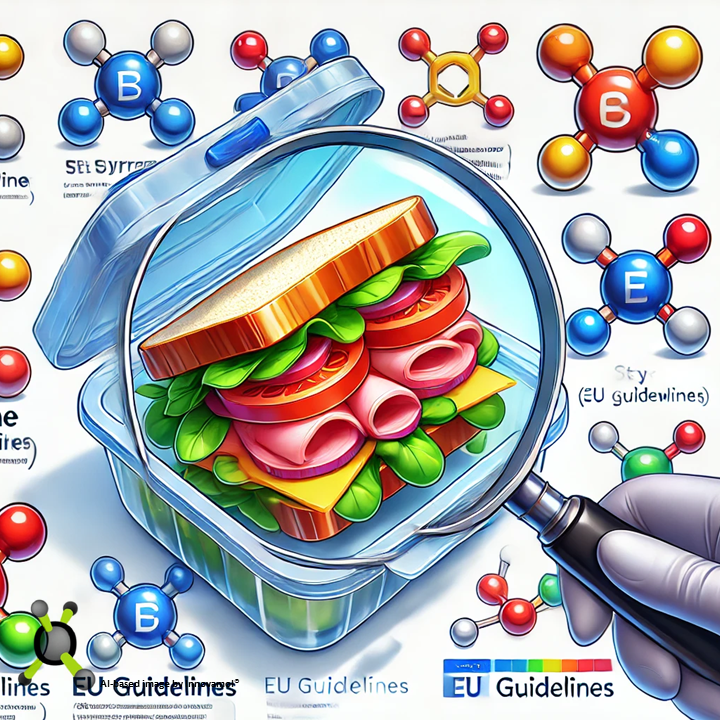Innovamol’s team recently conducted a thorough analysis of styrene in plastic materials and items meant to come into contact with food as part of our ongoing commitment to help ensuring food safety and public health. We have been asked to perform an in-depth investigation about what stakeholders, member states and companies claim about styrene in food contact materials and which are their worries. In fact, styrene is a common ingredient in many consumer goods, especially materials used in food contact applications. The purpose of our deep dive report is to assess the regulatory frameworks and possible risks associated with this substance.
In our report, we closely examined regulatory developments, concerns around microplastic migration, and recent innovations in recycling, all of which are central to the safe management of styrene in food contact materials. Across Europe, the EU’s Farm-to-Fork Strategy has encouraged a thorough reassessment of the safety of styrene in food packaging, aligning with updates to EU Regulation N° 10/2011. Similar initiatives are in progress in the USA, such as the recent “No Toxics in Food Packaging Act of 2023,” which aims to restrict the use of styrene and other hazardous substances (AIMPLAS, 2023; US FDA, 2023). These international efforts reflect a growing awareness of the importance of minimising the risks associated with styrene in consumer products.
Our findings also highlighted how recent studies point to the risks associated with microplastic migration, including styrene-based materials, into the food chain. Such migration could lead to bioaccumulation effects in humans (Federal Public Service, 2023; Food and Agriculture Organization, 2024), raising long-term health concerns and underscoring the need for rigorous safety assessments to protect consumers. At the same time, the rising demand for recycled polystyrene is driving the industry towards more sustainable materials, although ensuring food safety in this context remains challenging (ICIS – Independent Commodity Intelligence Services, 2024; EHN, 2024).
In summary, our report explores these market dynamics and recycling innovations, aiming to understand how these advancements, together with regulatory developments, might help address concerns related to styrene.
This work was carried out under a contract with the European Food Safety Authority (EFSA), EFSA/2023/OP/0007 (OC/EFSA/ENREL/2023/01). The opinions expressed are solely those of the contractor and do not represent the official position of EFSA. If you are interested in these kind of works or topics get in touch with us!
For readers which are interested in exploring these findings and more in detail, the full report is available at the following links.
“Sapere non è abbastanza; dobbiamo applicare. Essere disposti non è abbastanza; dobbiamo fare” (Knowing is not enough; we must apply. Being willing is not enough; we must do) – Leonardo da Vinci

